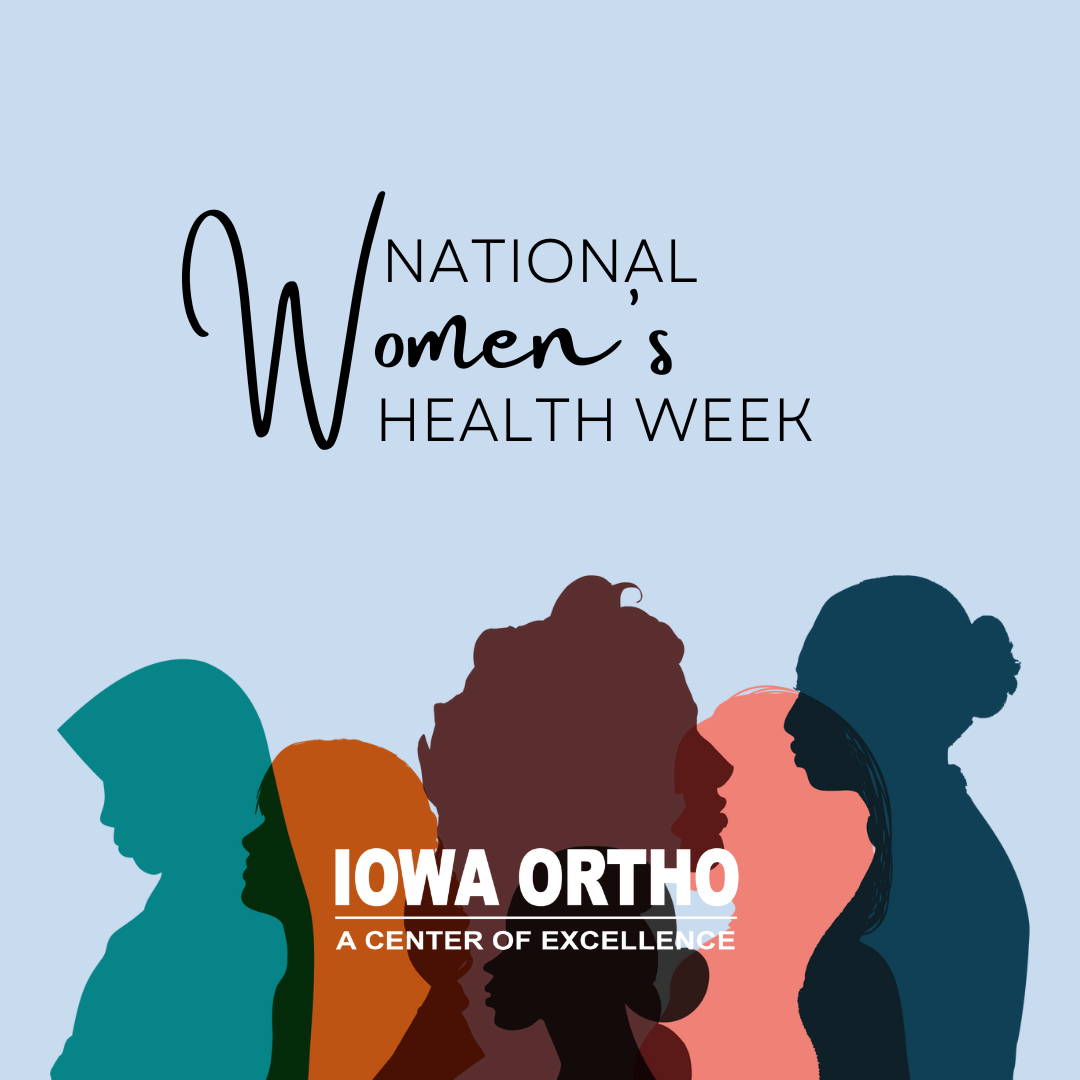National Women’s Health Week is the perfect time to raise awareness about a serious yet often overlooked condition: osteoporosis in women. Known as the “silent disease,” osteoporosis weakens bones over time, often without symptoms—until a fracture occurs. Women, especially those over age 50 or postmenopausal, are disproportionately affected due to hormonal changes that accelerate bone loss.
What Is Osteoporosis?
Osteoporosis is a condition that causes bones to become brittle, porous, and more prone to fractures. It most commonly affects the hip, spine, and wrist, and can lead to long-term disability or diminished quality of life. Because bone loss occurs silently and gradually, many women don’t realize they have osteoporosis until a fracture happens.
Why Are Women at Higher Risk?
Women are more vulnerable to osteoporosis due to:
- Menopause-related hormonal changes, especially decreased estrogen
- Genetics (family history of osteoporosis or fractures)
- Lifestyle factors (poor diet, sedentary behavior, smoking, alcohol use)
- Certain medical conditions and medications
How to Prevent Osteoporosis in Women
While not all cases of osteoporosis can be prevented, the good news is that there are proactive steps women can take to reduce their risk and support long-term bone health:
- Eat a Calcium- and Vitamin D-Rich Diet
- Dairy products, leafy greens, almonds, fortified cereals, and fatty fish like salmon are excellent sources.
- Exercise Regularly
- Engage in weight-bearing and resistance training like walking, jogging, yoga, and strength exercises to boost bone density.
- Avoid Smoking and Excessive Alcohol Use
- These habits accelerate bone loss. Limiting or eliminating them can improve bone strength.
- Schedule a Bone Density Test (DXA Scan)
- Women over age 65, or younger women with risk factors, should discuss bone density testing with their healthcare provider.
- Consider Medication if Needed
- For women at high risk, medications can help prevent further bone loss and reduce fracture risk.
Why Awareness Matters
Many women don’t know they’re at risk until it’s too late. That’s why National Women’s Health Week is a powerful time to emphasize early detection and lifestyle choices that help protect bone health. Simple changes today can prevent life-altering fractures in the future.e your appointment online or call 515-247-8400 today.

